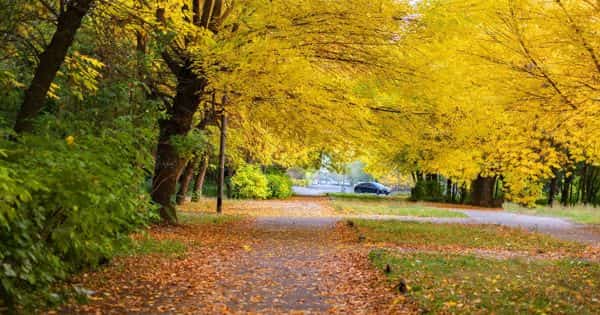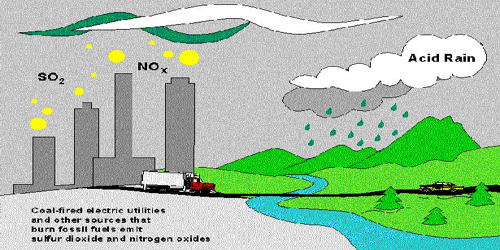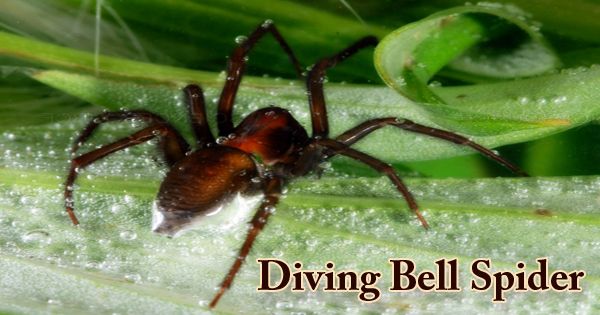Scene in a Public Park
Public parks are a feature of the modern city. They serve a most useful purpose because they give the people of crowded city opportunities to breathe fresh air, morning and evening. In congested modern cities, they are a necessity and fulfill a vital function. They are often called the lungs of a city. They also afford an open space for games and recreation. They are maintained by the municipal corporation of a city to serve these objects. “Public money is scarcely ever so well employed as in securing bits of waste ground and keeping them as open spaces”, said Sir Arthur Helps. When the ever-increasing pressure of population and greed of profit creates a constant tendency to encroach upon what seems to be merely un-utilized bits of land, the city fathered s must always keep in mind that every locality must be provided with requisites lands where the common man and his family can refresh and recreate themselves and escape from the dust-laden, smoke-infested atmosphere of their congested homes.
Of course, it would not be quite right to say that these parks are a characteristic of the modern city alone. We find mention of groves and gardens in the Jatakas. We recall the mango-grove of Benares where Buddha preached. Caesar, we know from Plutarch, gave away his walks and pleasant gardens to the Romans: “what had been delights of lords became the delights of the people” (martial). Something of the same kind was provided by the pleasure-gardens of the Moghul emperors and European princes and noblemen. These did not, however, serve the people as a whole, but only a particular class. Indeed, the need for the general public recreation grounds hardly existed in those days of open fields and scattered villages. Perhaps the dangers jay elsewhere: truly in those days the public park took away their dew lings from the poor
The man of wealth and pride
Takes up a space that many poor supplied;
Space for his lake, his park’s extended bound.
Space for his horses, equipage, and hound.
The rich pushed the poor into over-crowded localities, keeping for themselves extensive grounds and enclosed spaces for sport and pastime.
Public parks, practically in hot countries like India, are a great blessing. For half the year people welcome the cool breezes of air which are usually shut out by tall buildings and narrow streets but which can be really enjoyed sitting for hours in parks. Most of them are provided with well-laid out gardens that are a pleasure to the sight. Some provide zoological attractions – a small lake with water-birds disporting themselves, or enclosures in which rabbits or guinea-pigs run in and out through artificial tunnels or tumble over make-believe hillocks. A few accommodate gymnasiums, tennis courts, swimming facilities where there are tanks. Such amenities for the young should be multiplied.
The scene in a public park is one of pleasing animation it varies with the time of the day. In the early morning, we have a spectacle of old men taking their constitutional. Some take a brisk walk; others prefer to trudge along slowly almost as it if were a painful duty. There are others again who walk leisurely in small groups, chatting and laughing and in general relaxing in the well-earned leisure that retirement has brought. A few are content to sit on the benches, preferably under shady trees, quietly discussing the social and political problems of the day. Alongside this view of genial od age in the spectacle of young men and women who run or walk as the mood takes them not so much for pleasure; sake as for the sake of “the body beautiful”.
As the early morning wears out, the aged leaves the park one by one, and children come with their parents or nurses. They belong to all stations of life. There are babies in perambulators or push-chairs and toddlers escorted by attendants. They waddle about on the lawns, or swing on the bars, or climb up and slip down the slides put up for this purpose. Or they simply run about and “feel their life in every limb”, as the poet says. Whatever they do and whoever they are, the parks are all brighter for their presence.
What a change is there in the afternoons! Then the parks present a scene of indolence and peach –, especially in the warmer months. Here and there a few stray cattle may be grazing. Under the shade of the trees, there may be men sitting and resting after a strenuous morning, – quietly gossiping among themselves, or indulging in the afternoon siesta. If it is a winter holiday, cricket enthusiasts peg away with a worn-out ball at a makeshift wicket, or schools may be holding their annual sports. Their general outlook is lazy in summer, listless in the rains but full of liveliness in winter.
The scene is, of course, busiest and noisiest in the evening. For then the parks are crowded, – often inconveniently so, Children monopolize the earlier part of the evening. They shout and play to their hearts’ content. Easter, young people come as the shades of evening descend slowly on the scene. They have had their physical exercise elsewhere: now they come for gossip and rest. The old men repeat their scheduled exercises. In some parks, space has been leased out to clubs, and they make their own arrangements for swimming or basketball or tennis. In many, disregarding official instructions, young people have introduced football Mach to the annoyance of the old, and at some risk to little children.
After sunset, women perhaps are more in evidence they at any other part of the day. All-day they have been busy doing their household duties; – cooped up in their homes which for the most enjoy the fresh crisp evening breeze, and feel its tonic effect for a while.
















